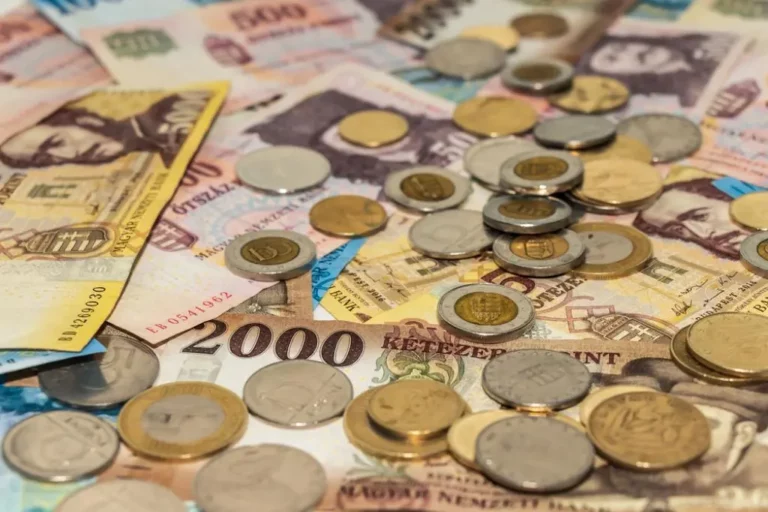Hungarian economy
EU: Hungary’s GDP growth expected to accelerate

Costly government project may ease housing crisis for university students and bring down rental prices in Budapest

Fierce resistance erupts against Wizz Air’s new base, which could unlock exciting exotic destinations

PM Orbán reveals whether Hungary would ever leave the European Union

Surprise in the EU average salaries: Hungary overtakes one country

OTP turns to Constitutional Court over ATM act

American fuel in Paks Nuclear Power Plant? Is Hungary trying to decrease Russian energy dependency?

This tiny aluminium coin could be worth millions! Here’s how to spot the valuable 1-forint piece

More than 30,000 apartments can be built in Hungary in just a few years

CATL’s Debrecen plant set to power Europe’s electric vehicle revolution

Hungarians work more than most Europeans, yet earn significantly less

Unexpected: Hungary to become the proud producer of NATO’s machine gun ammunition

The new rules of the online leisure economy: what Hungary gets right

Hungarian forint keeps strengthening, partly thanks to Orbán’s challenger Magyar: here’s why

Hungarian government revealed how they would expel Austrian company from Hungary

Does MOL have a shopping list? Lukoil forced to sell valuable assets

Breakthrough: unique Hungarian technology to protect Uzbeks from a nuclear disaster

Experts: Massive austerity measures expected if Fidesz stays in power; if not, real change will take time in Hungary





 ZH
ZH IT
IT DE
DE HR
HR NL
NL FR
FR JA
JA RO
RO RU
RU ES
ES TR
TR
